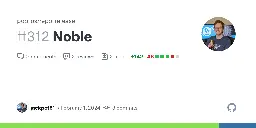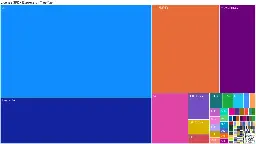Ubuntu Core Desktop Delayed, Won't Be Released in April
 pnutzh4x0r @ pnutzh4x0r @lemmy.ndlug.org Posts 245Comments 167Joined 2 yr. ago
pnutzh4x0r @ pnutzh4x0r @lemmy.ndlug.org Posts 245Comments 167Joined 2 yr. ago

pnutzh4x0r @ pnutzh4x0r @lemmy.ndlug.org
Posts
245
Comments
167
Joined
2 yr. ago
Performance engineering on Ubuntu leaps forward with frame pointers by default in Ubuntu 24.04 LTS
Deleted
Permanently Deleted
Deleted
Permanently Deleted














No. I usually start over on a new device.